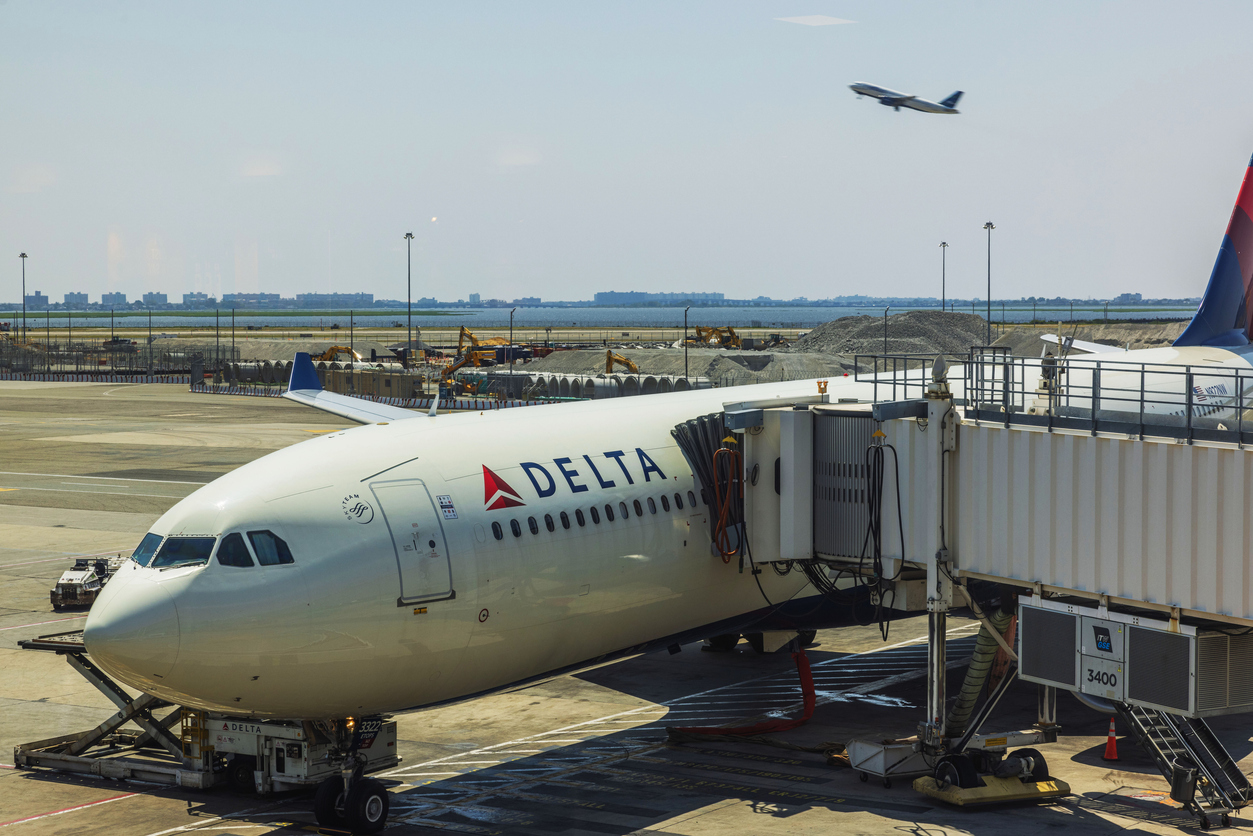Lessons from the Delta outage fallout
What comms pros can learn from the massive technical issues.

If you flew with Delta Air Lines over the past two weeks, you might have experienced delayed or canceled flights, long waits to get through to customer service, or other unexpected changes to your travel arrangements.
The situation led to a cascade of annoyed customers airing their grievances on social media, and Delta was forced to respond with an apology. Following a computer outage surrounding tech from cybersecurity company Crowdstrike, Delta canceled hundreds of flights in the surrounding chaos. Reports stated the problems cost Delta $500 million, according to the company’s CEO, in addition to the reputational hits it took in the process.
While the root of the issue that Delta faced was beyond the company’s control, how it responded to it can serve as a lesson for crisis communicators in any industry.
Including software issues in your crisis plan
While Delta’s formal apology did include options for bonus miles and reimbursements for disruptions, a perceived lack of clarity about the situation Delta was facing led to an outcry from passengers.
No airline, Delta included, has the employee capacity to deal with the chaos of upended bookings and angry passengers across the world. Further compounding the issues, IT issues may have provided convenient cover for other internal processes at Delta that made the incident worse.
“You get the feeling Delta was trying to take cover behind a ‘global IT problem’ while scrambling to resolve its own unique software failure wreaking havoc throughout its computer and operational system,” said Jack Modzelewski, author and CEO of JackKnife PR. “But the problem was exacerbated by its overall human response.”
Modzelewski called back to the Southwest Airlines software crisis in 2022 as what should have been the wake-up call for airlines to know how to figure out their tech stack and proper comms channels when things do go wrong.
“This should have been part of Delta’s crisis scenario preparations,” he said.
Choosing the words in your response carefully
Delta’s apology, while necessary, came a week after the issues began for customers. Modzelewski said that the wording of the apology was notable.
“Buried in that post was what they called a ‘Customer Apology Gesture.’ Gesture? Now there’s a customer-sensitive word choice,” said he quipped.
“According to news reports, Delta is now planning to sue Crowdstrike and Microsoft to recoup lost revenue and other damages associated with the computer software outage. But I have seen no public explanations from Delta about why this particular software outage shut it down for so long a time.”
This situation is a major reminder that even in the presence of prepared crisis statements, there’s going to be a focus on the words that aren’t said as well.
The absence of employee communication and talking points
Reports also indicated that Delta employees didn’t have much information to give inconvenienced customers.
By not providing those on the frontlines with context or talking points, Delta put both employees and its brand reputation in the line of fire.
“Employees at Delta should have been sent an all-employee email addressing the issue and giving them immediate protocol, centered around proactive, customer-centric care,” said Megan Weekes, CMO and partner at Speekes. “Their best employees would have been extremely stressed, and need the support of the parent organization to take the heat off of their one-to-one customer interactions.”
She added that internal training and playbooks are necessary to alleviate external pressures in such situations.
Promoting top-line accountability
With proper protocols in place to handle an outage and a quicker pivot to accept blame instead of blaming it on a third party, much of the consternation and backlash against both the brand and customer-facing employees could have been avoided or at least tempered.
“Accountability needs to be the top priority for all parts of the company and the top-line communication aim,” Weekes said. “To customers, it doesn’t matter that an outside party caused the outage. That needs to be communicated frequently both internally and externally.”
While communicators can learn from Delta’s mistakes, the broader airline industry should reconsider how it prepares employees who interact with the public during a crisis.
“Proactive and clear outreach on the employee and customer-facing sides would have dampened the pain and suffering experienced by both Delta customers and Delta employees who bore the brunt of the frustration,” said Weekes.
Sean Devlin is an editor at Ragan Communications. In his spare time he enjoys Philly sports and hosting trivia.







